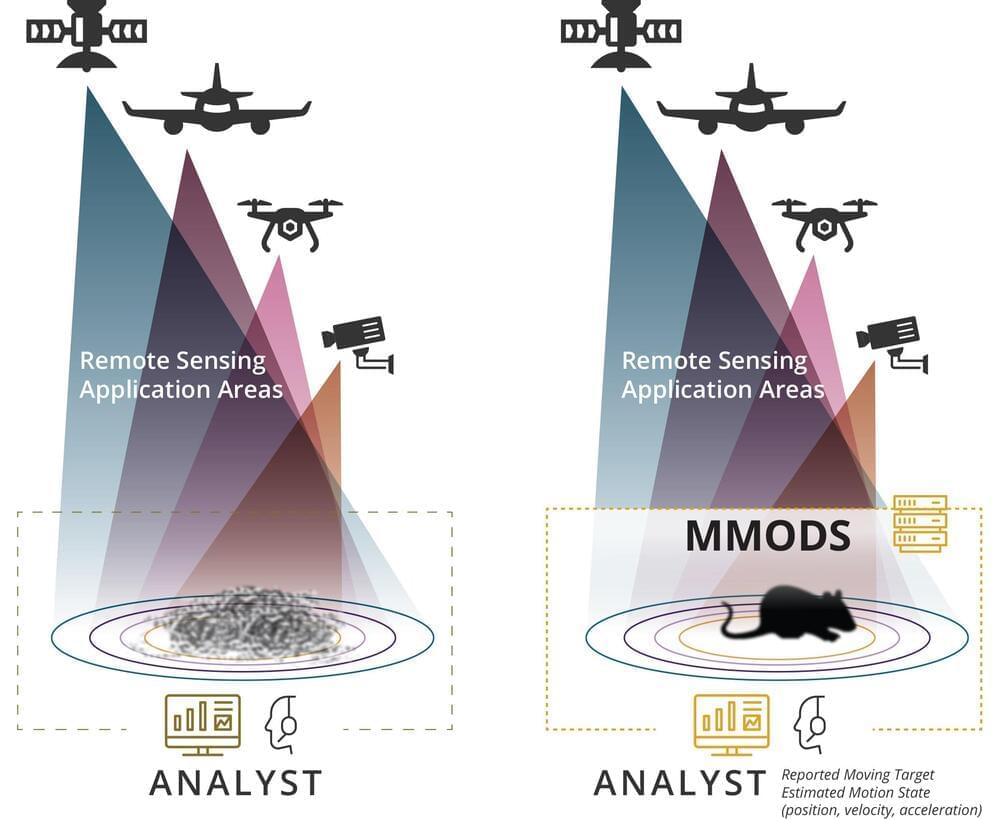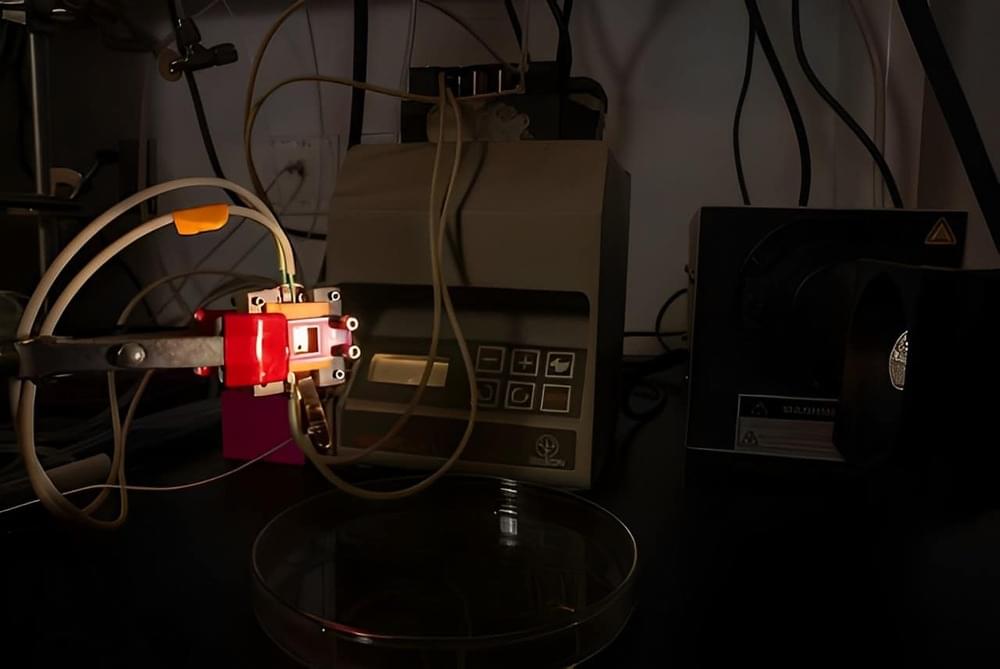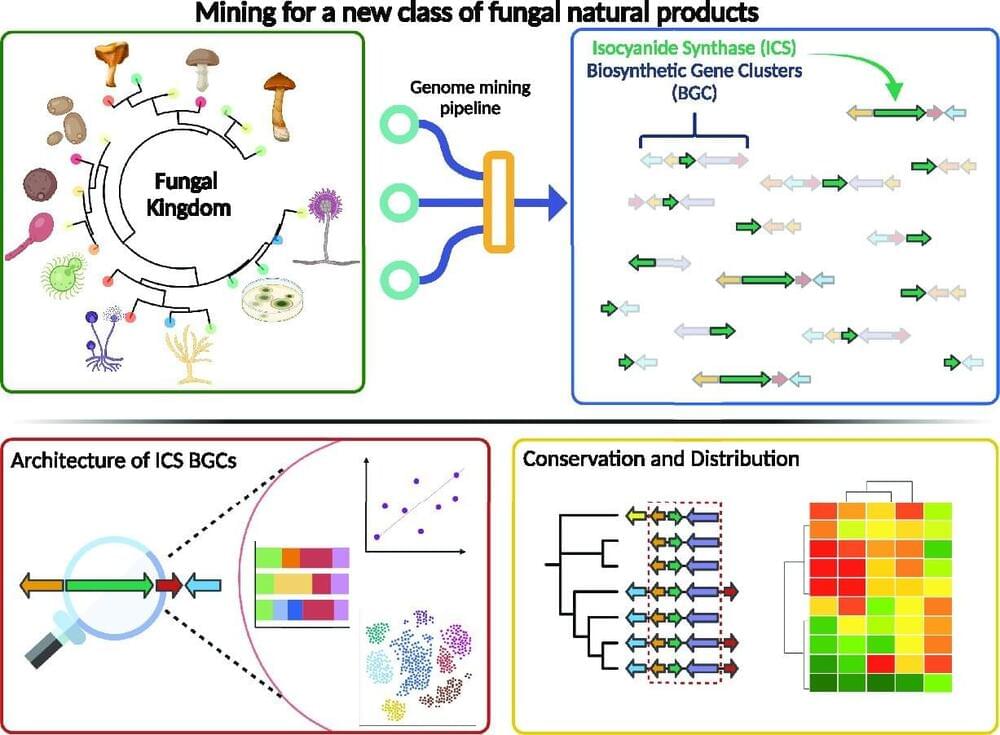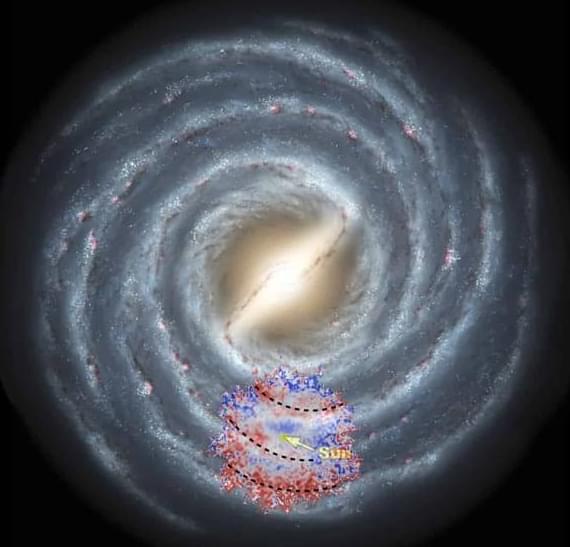Interview from the Conference “Emergence and Panpsychism” in Munich 2011.
More information and the complete list of videos here: http://www.geiststaub.de/
Interview from the Conference “Emergence and Panpsychism” in Munich 2011.
More information and the complete list of videos here: http://www.geiststaub.de/
SUBSCRIBE to our channel for more brainy bits: https://goo.gl/mLdVrF
Your mind.exe has stopped working. Do you wish to continue?
Ben Goertzel, Chief scientist of Hanson Robotics and co-creator of the world’s most famous android citizen, Sophia imagines how the “upload my mind” button will look like in the future.
–
About Brain Bar.
Brain Bar, the biggest European festival on the future brings together the world’s most exciting visions. Lively, ambitious and unique, Brain Bar creates the stage for top trendsetters, decision-makers and challengers to exchange ideas in unusual and unrestrained conversation.
Follow us:
Official website: http://brainbar.com.
Facebook: https://www.facebook.com/brainbarofficial.
Instagram: https://www.instagram.com/brainbar.
Twitter: https://twitter.com/brainbarcom.
LinkedIn: https://www.linkedin.com/company/brainbar



Remember what it’s like to twirl a sparkler on a summer night? Hold it still and the fire crackles and sparks but twirl it around and the light blurs into a line tracing each whirl and jag you make.
A new patented software system developed at Sandia National Laboratories can find the curves of motion in streaming video and images from satellites, drones and far-range security cameras and turn them into signals to find and track moving objects as small as one pixel. The developers say this system can enhance the performance of any remote sensing application.
“Being able to track each pixel from a distance matters, and it is an ongoing and challenging problem,” said Tian Ma, a computer scientist and co-developer of the system. “For physical security surveillance systems, for example, the farther out you can detect a possible threat, the more time you have to prepare and respond. Often the biggest challenge is the simple fact that when objects are located far away from the sensors, their size naturally appears to be much smaller. Sensor sensitivity diminishes as the distance from the target increases.”

As we strive towards a more sustainable future, it’s becoming increasingly important to find innovative ways to decarbonize industry and facilitate clean energy storage.
One promising approach is the manufacture of valuable products and fuels using available, low-cost feedstocks like water, carbon dioxide, nitrogen, and solar energy. By harnessing the power of these abundant resources, we can reduce our reliance on fossil fuels and move towards a cleaner, more sustainable energy future.
In a similar effort, Rice University engineers have developed a device that can turn sunlight into hydrogen with record-breaking efficiency – a significant step forward for clean energy. The device combines next-generation halide perovskite semiconductors with electrocatalysts in a single, durable, cost-effective, and scalable device.


A newly described type of chemistry in fungi is both surprisingly common and likely to involve highly reactive enzymes, two traits that make the genes involved useful signposts pointing to a potential treasure trove of biological compounds with medical and chemical applications.
It was also nearly invisible to scientists until now.
In the last 15 years, the hunt for molecules from living organisms—many with promise as drugs, antimicrobial agents, chemical catalysts and even food additives—has relied on computer algorithms trained to search the DNA of bacteria, fungi and plants for genes that produce enzymes known to drive biological processes that result in interesting compounds.

